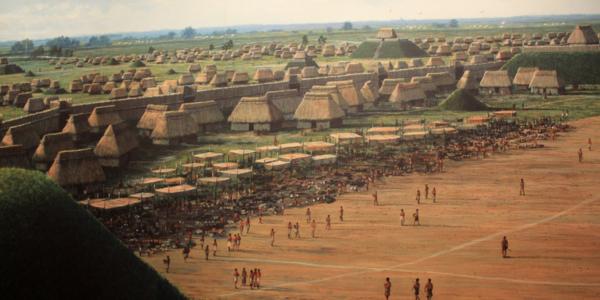
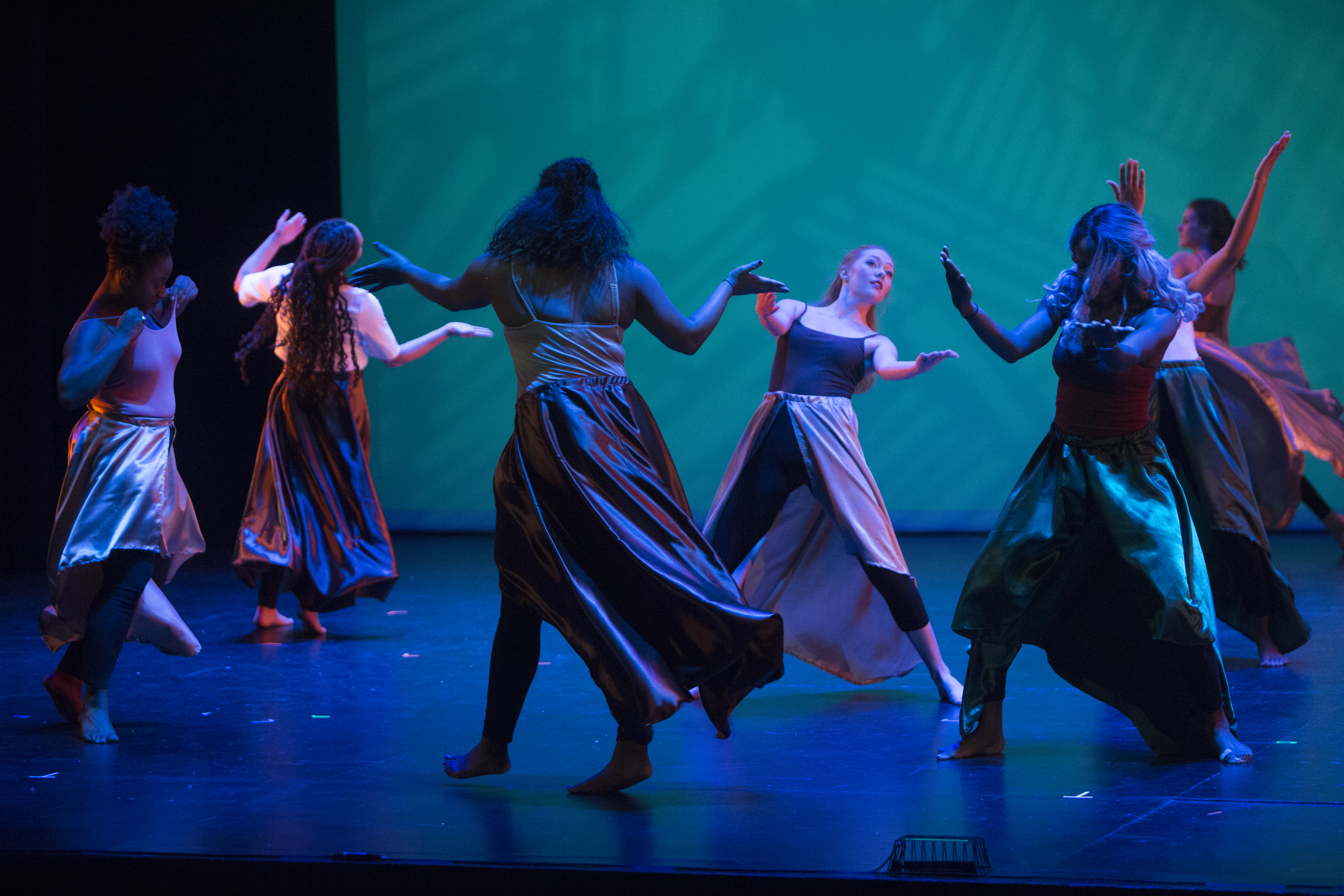
the ampersand
The latest news and updates from Arts & Sciences

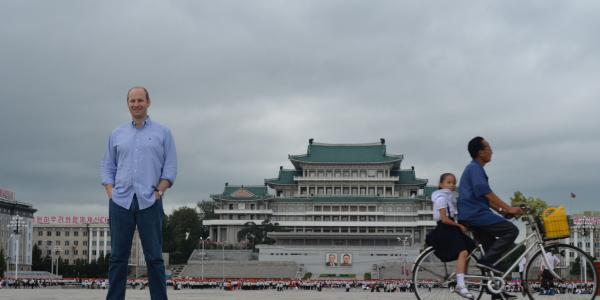
A one-way ticket to fascinating conversations

Meet our new faculty: Natural sciences and mathematics
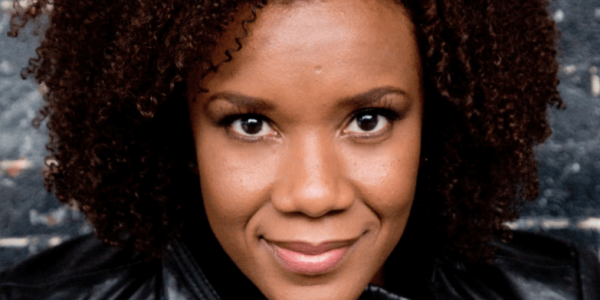
The PAD Podcast Episode 4: Tijuana Ricks
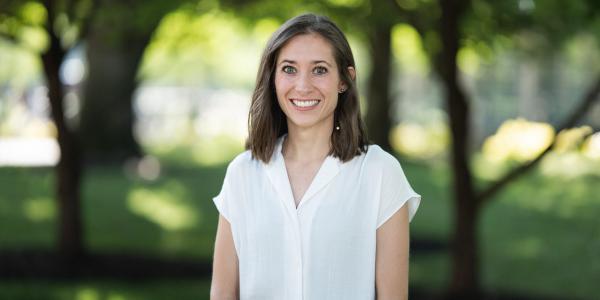
Reichhardt wins NIH MIRA award

Humans change their own behavior when training AI
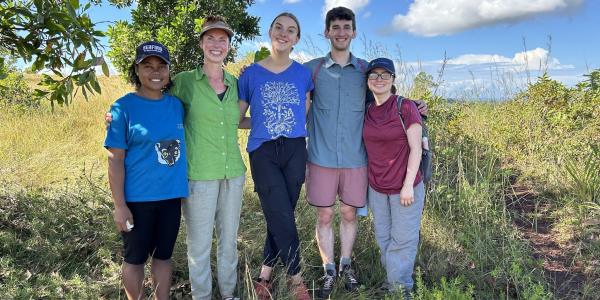
Shelby Negosian named 2024 Florence Moog Scholar
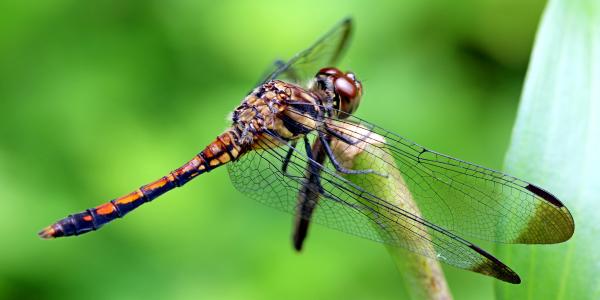
Ornamented dragonflies better equipped to survive human threats
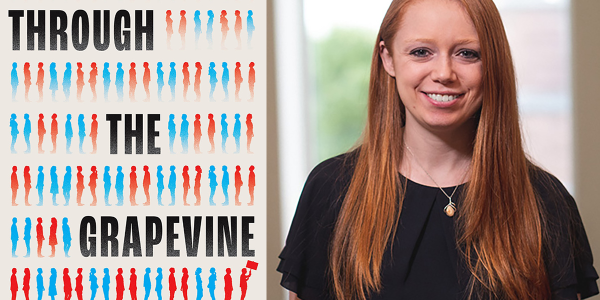
Book explores consequences of political conversations
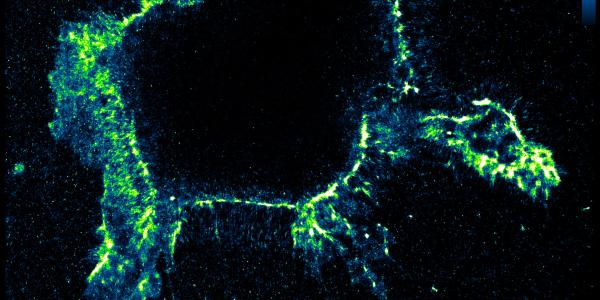
WashU chemists develop groundbreaking test to track crucial edits to RNA

XL-Calibur telescope launched to study black holes
